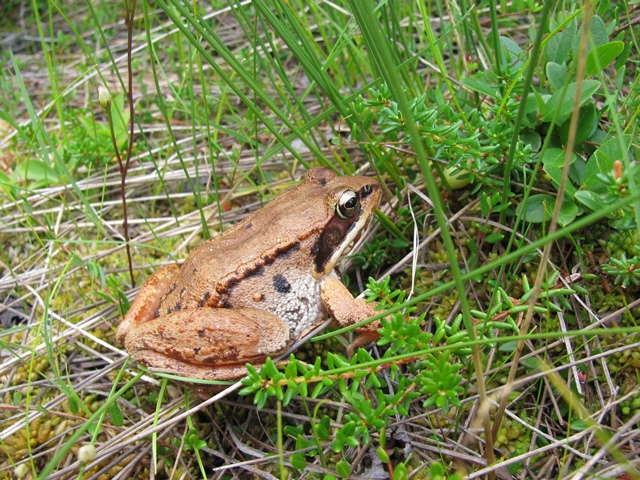Early-life exposure to the herbicide atrazine makes frogs more susceptible to death from chytrid (Batrachochytrium dendrobatidis), a fungal disease implicated in amphibian  declines around the globe. The research, Early-life exposure to a herbicide has enduring effects on pathogen-induced mortality, published in the Proceedings of the Royal Society B and led by University of South Florida biologist Jason Rohr, Ph.D, provides critical information for scientists hoping to stem the global demise of amphibian populations. “Understanding how stressors cause enduring health effects is important because these stressors might then be avoided or mitigated during formative developmental stages to prevent lasting increases in disease susceptibility,” Dr. Rohr explains.
declines around the globe. The research, Early-life exposure to a herbicide has enduring effects on pathogen-induced mortality, published in the Proceedings of the Royal Society B and led by University of South Florida biologist Jason Rohr, Ph.D, provides critical information for scientists hoping to stem the global demise of amphibian populations. “Understanding how stressors cause enduring health effects is important because these stressors might then be avoided or mitigated during formative developmental stages to prevent lasting increases in disease susceptibility,” Dr. Rohr explains.
